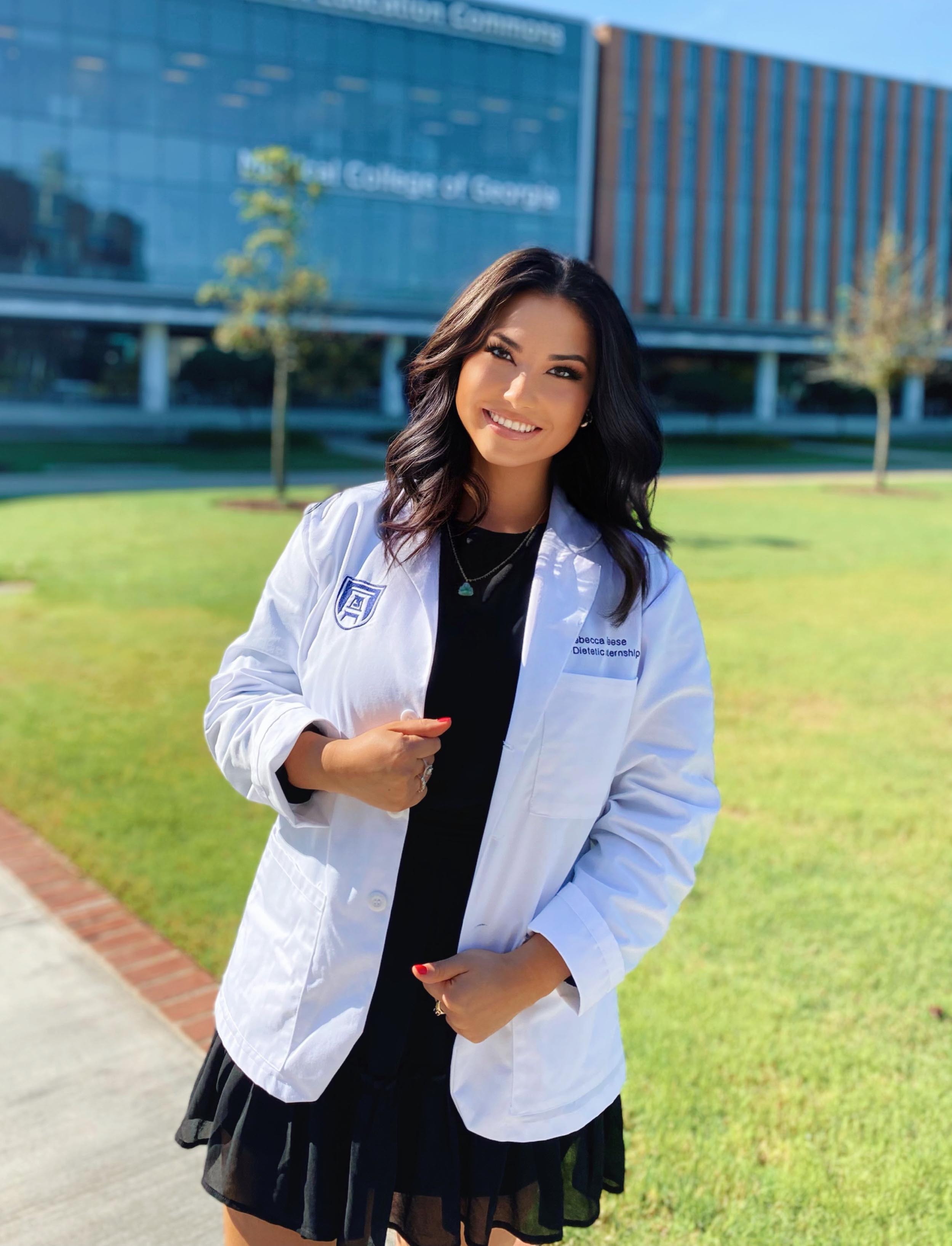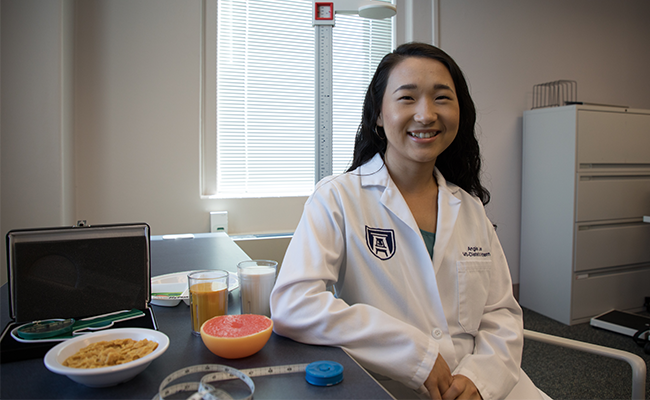

“I decided to pursue my MS in Nutrition because I wanted to further my education more
than the standard Bachelor degree. The healthcare profession continues to grow and
the expectations for healthcare professionals are advancing at a fast pace. Achieving
above the entry-level degree will allow me to show that I am knowledgeable, research-based,
and can demonstrate high skills in my area of expertise"